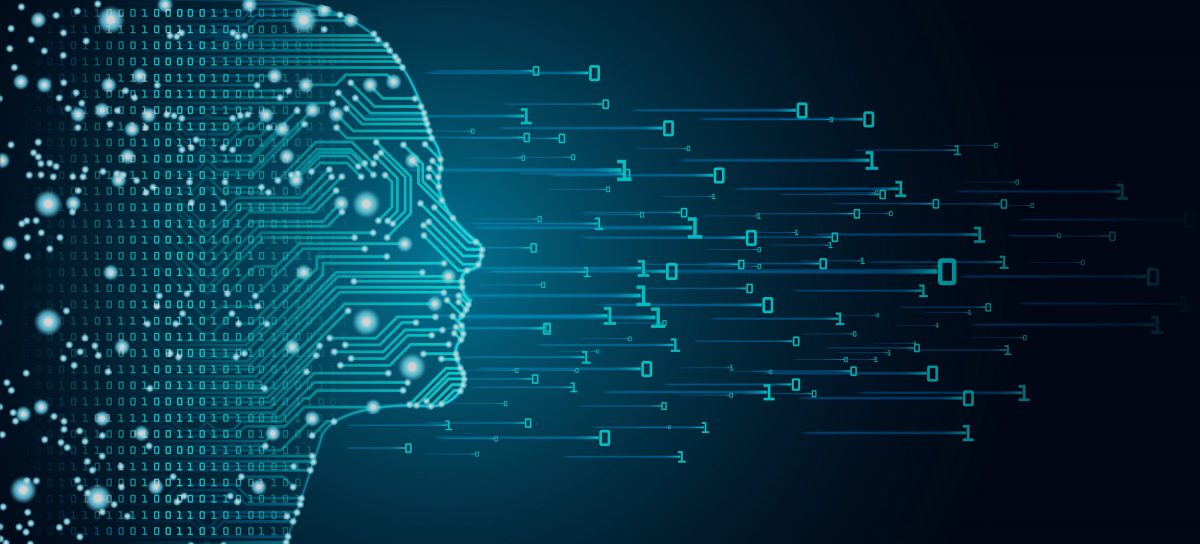
Look around. Artificial intelligence applications are everywhere, from the automated production lines in factories to the machine learning algorithms that extract meaning from mountains of data. AI has become the fabric of modern society. But where is it all going?
As computing systems become smarter, and as intelligent automation and the economy become more tightly interwoven, people start to wonder … will robots take our jobs? For experts who study such matters, the short answer is yes — some of them. But do not fear. Artificial intelligence applications will also create new employment opportunities never before imagined, boost profitability in the coming decades and fundamentally change the economy from one that depends on scarcity to one that relies on abundance.
From Farm to Factory
The transformation before us is analogous to the Industrial Revolution. As machine automation took off in the middle of the 18th century, society moved from agricultural to industrialized. There were plenty of jobs, but they existed in cities. People moved there to work in factories or in the restaurants, banks, stores and hotels that supported the local spenders, said CIO.
AI could lead to a similar revolution. MIT Sloan Management Review broke down the results of a report from Accenture, a global management consulting firm, which indicates that artificial intelligence applications are poised to create three new kinds of jobs: trainers, explainers and sustainers. The trainers will be humans who teach AI systems how to be more human. For instance, customer service chatbots need to learn how to interpret the tone — whether it be anger, sarcasm or happiness — in a caller’s voice. And they need to be trained to show sympathy, compassion and humor to better respond to customer requests.
Then there are the explainers. As AI algorithms become more complex, people will understand them less. Programs designed to analyze large amounts of data to make decisions in advertising, law enforcement, education, government and more may unintentionally contain biases as they arrive at their conclusions. So-called “black box” algorithms could negatively impact society. Explainers will lay out the complex nature of a particular algorithm in simple language to nontechnical professionals to show how the program arrived at its conclusion.
Finally, sustainers will be those that serve as watchdogs over AI, ensuring that systems operate as designed and uphold the norms of human values. They’ll also ensure that unintended consequences are addressed.
Who Will Benefit?
More than a dozen legacy industries stand to benefit from artificial intelligence. By 2035, manufacturing, financial services, and information and communication companies could see the most growth, said Salesforce.
In manufacturing, for instance, intelligent automation and the economy of scale will increase efficiency. Products on assembly lines will contain tiny, inexpensive chips that allow them to be tracked from cradle to grave. This could improve supply chain management and optimize inventory. In financial services, AI systems could help relieve workers from mundane tasks such as conducting marketing research or reviewing mortgages.
Accenture reported that companies built around education, healthcare, construction and retail could see bigger profits if they adopt systems that combine artificial intelligence with augmented reality. For instance, a phone app or a pair of computerized goggles that overlays digital information onto the real world creates consequential experiences with little to no expense. Imagine buying a home in a new city without ever getting on an airplane, participating in a college class without leaving your bedroom or designing dozens of medical prototypes in a virtual world and moving on to manufacturing only when the design is perfect.
According to a report from Accenture Research and Frontier Economics, AI has the potential to boost profitability an average of 38 percent by 2035 and contribute $14 trillion to the economy.
Seismic Shifts in Society
As artificial intelligence transforms the workplace, it will also transform society. Unlike the Industrial Revolution, which was built on extracting finite resources from the planet and turning them into goods, a new economy is underway built on the infinite potential of AI-based technologies, says Carlos E. Perez, author of Artificial Intuition: The Improbable Deep Learning Revolution.
It’s what American economic and social theorist Jeremy Rifkin referred to as “Third Industrial Revolution” in his book of the same name. In an interview with Business Insider, Rifkin said that what’s beginning to emerge is a planetary platform, digitally connected, allowing everyone to be a potential player. It will eliminate the middlemen and decentralize power.
When it comes to the future of work, intelligent automation and the economy will grow together, but it may take a couple of generations for such a sea change to take effect. Artificial intelligence applications have the potential to eliminate repetitive, mundane work, freeing up humans to create, collaborate, strategize and empathize. The possibilities are likely ones we cannot imagine.
Artificial intelligence, machine learning and autonomous systems are areas of exciting innovation. Explore Northrop Grumman job openings in these fields and more.

